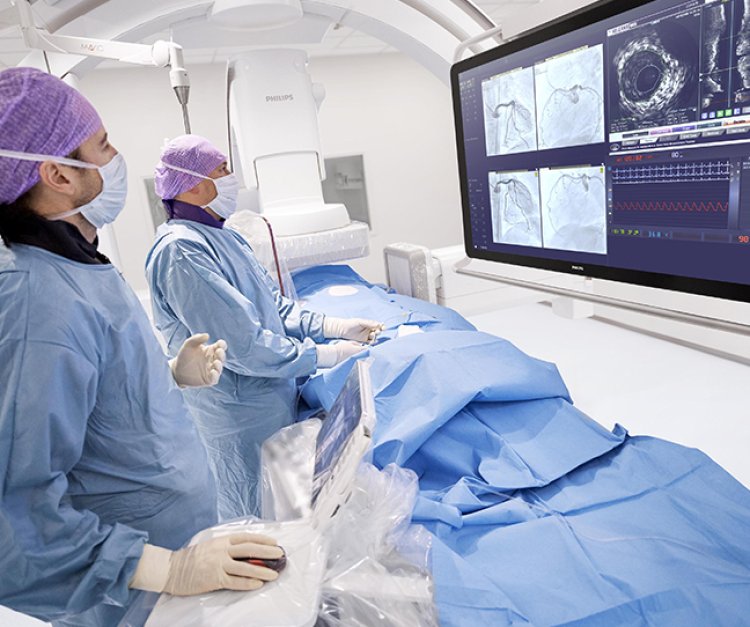What does a cardiac electrophysiology do?
Experience unparalleled expertise in cardiac electrophysiology with the leading specialists at Devadoss. As the best cardiology electrophysiologists, our team is committed to providing advanced care for heart rhythm disorders. With a focus on precision diagnostics, innovative treatments, and personalized solutions, trust in Devadoss for the highest standard of cardiovascular health care. Your heart deserves the best, and at Devadoss, we deliver excellence in every beat.
Share this Post to earn Money ( Upto ₹100 per 1000 Views )

A cardiac electrophysiologist is a specialized cardiologist who focuses on the electrical activity of the heart. Their role involves the diagnosis and management of heart rhythm disorders, also known as arrhythmias. Here are some key responsibilities and activities of a cardiac electrophysiologist:
-
Diagnostic Procedures: Cardiac electrophysiologists perform various diagnostic tests to evaluate the electrical conduction system of the heart. This may include:
-
Electrophysiology Studies (EPS): Involves the insertion of catheters into the heart to study electrical signals and identify abnormal rhythms.
-
Electrocardiogram (ECG or EKG): A non-invasive test that records the heart's electrical activity to detect abnormalities.
-
Holter Monitoring: A portable device worn by the patient to continuously record the heart's electrical activity over a 24- to 48-hour period.
-
Treatment Planning: Based on the diagnosis, electrophysiologists develop treatment plans for managing arrhythmias. Treatment options may include medication, lifestyle modifications, or interventional procedures.
-
Catheter Ablation: This is a common procedure where the electrophysiologist uses catheters to deliver energy (such as radiofrequency or cryotherapy) to specific areas of the heart to eliminate or modify abnormal electrical pathways causing arrhythmias.
-
Implantable Devices: Electrophysiologists may implant devices like pacemakers, implantable cardioverter-defibrillators (ICDs), and cardiac resynchronization therapy (CRT) devices. These devices help regulate heart rhythms and provide therapeutic interventions when needed.
-
Follow-Up Care: Electrophysiologists provide ongoing care for patients with arrhythmias, monitoring their progress, adjusting medications, and ensuring the optimal functioning of implanted devices.
-
Research and Innovation: Many cardiac electrophysiologists are involved in research to advance the understanding and treatment of heart rhythm disorders. They may contribute to the development of new technologies and treatment approaches.
-
Collaboration with Other Specialists: Cardiac electrophysiologists often work closely with other cardiovascular specialists, cardiac surgeons, and healthcare providers to ensure comprehensive care for patients with complex cardiac conditions.
Overall, the role of a cardiac electrophysiologist is crucial in helping individuals with heart rhythm disorders lead healthier lives by providing accurate diagnosis and implementing effective treatment strategies.













